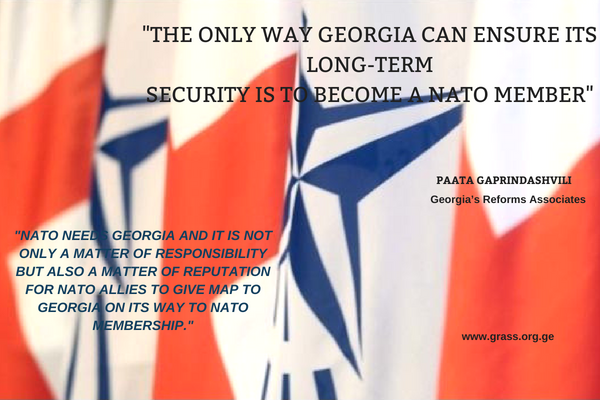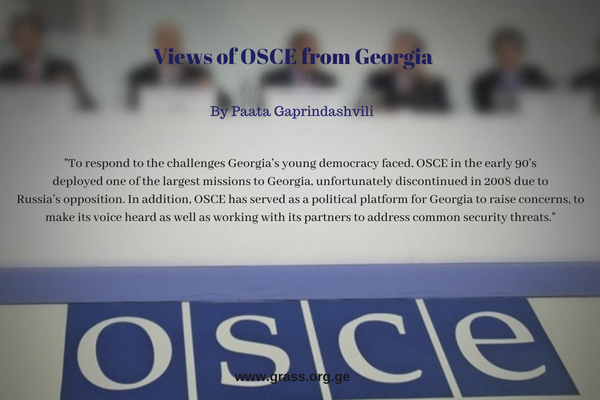Propaganda Made-to-Measure: How Our Vulnerabilities Facilitate Russian Influence

19 February, 2018
0
Authors: Paata Gaprindashvili; Mariam Tsitsikashvili; Beso Namchavadze; Giorgi Goguadze; Gogi Zoidze
With the above perspective in mind and given the comparatively abundant literature on Russian information war, the current study chooses not to focus on what others do to challenge us, but on what we do not do enough to resist subversion, destabilization and malign influence of all sorts. We try to map out the weaknesses and identify the possible inroads into our ‘defence’ systems, a research effort leading up to targeted policy solutions to boost our immunity. We undertake a critical examination of the individual threats in the four countries under analysis; the level of awareness and understanding of these threats on the part of political elites, government and other stakeholders (civil society, the general public, private sector etc.); the capabilities for counteraction and the institutional framework in place; and ultimately, of action taken so far with regard to preparedness and response measures, with a view to prospect the needs and perspectives for the future and anticipate possible scenarios (systemic consolidation and defence preparedness).
Our goal is to offer policy-makers and interested stakeholders an innovative, practical instrument, which can be easily replicated and used proactively to build resilience into social, economic, political and security systems – as opposed to the generally reactive approach of doing damage limitation when the aggression has already happened. Although we have reviewed tactics of ‘attack’ and case studies of propaganda penetration, our primary objective has been to identify auspicious conditions that can be used by hostile actors to create a “manufactured reality”.



